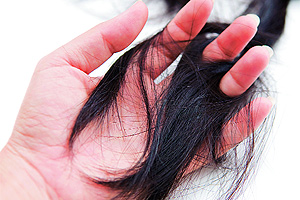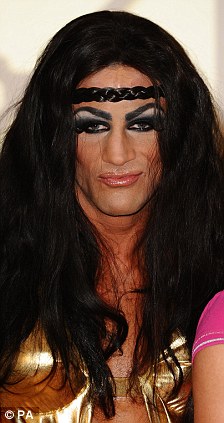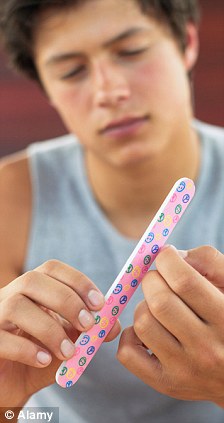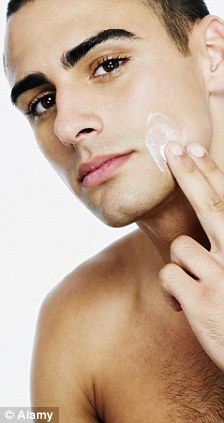Cold, tired, weight gain, hair loss? Your thyroid may be culprit
25.01.2010 in HAIR LOSS SCIENCEThe United States has one of the highest obesity rates in the world, but an increase in increased waistlines isn’t completely due to fast-food diets and sedentary lifestyles.
Hypothyroidism is another disease on the rise in America, with more than 5 million people experiencing problems due to irregular levels in their thyroid glands.
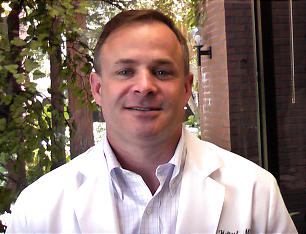
Kent Holtorf founded National Academy of Hypothyroidism
Though the butterfly-shaped neck gland is only 12-15 millimeters in average length, the thyroid produces powerful metabolism-regulating hormones that, when lowered, can cause weight gain, depression, fatigue, memory loss, chronic pain, hair loss, brain fog and anxiety.
Particularly at risk of hypothyroidism are yo-yo dieters, people with high-stress lifestyles and women older than 30. Pregnancy and menopause also cause low thyroid levels.
Still, some doctors tell patients symptoms like weight gain and depression can be resolved with regular exercise and healthy eating habits — cures that are ineffective in the case of hypothyroidism.
So, the American Association of Clinical Endocrinologists designated January as Thyroid Awareness Month, hoping to increase public knowledge about the disease. Oprah Winfrey has also discussed hypothyroidism on her television show and in her magazine after her diagnosis with the ailment.
Do you have Hair Loss Problems, read our Hair Loss Help
no comment




